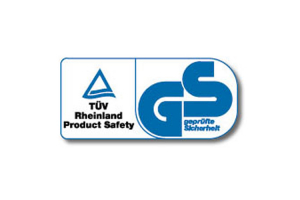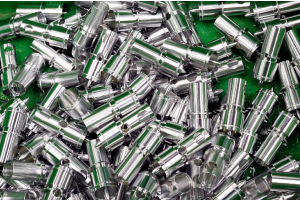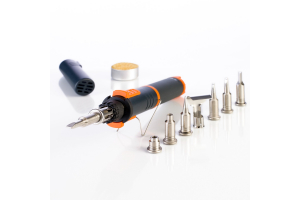We use cookies to make your experience better. To comply with the new e-Privacy directive, we need to ask for your consent to set the cookies. Learn more.
The Butane Gas for Your Soldering Iron or Torch: Why It's Important to Choose Quality Gas

Choosing the correct butane for your Portasol soldering iron is essential to both the longeveity of the iron and the quality of the soldering produced.
Soldering is an essential skill for DIY enthusiasts, electronics hobbyists, and professionals alike. When it comes to soldering irons, most people focus on the tool itself, but the choice of gas is equally crucial. Quality gas, especially high-quality filtered butane, plays a significant role in the performance and longevity of your soldering iron. In this article, we'll explore why it's essential to use high-quality filtered butane to prevent issues in your soldering projects.
The Role of Gas in Soldering
Before we delve into the importance of using quality gas, let's understand the role of gas in a soldering iron. Butane is a common fuel source for portable soldering irons. When you ignite the butane, it burns to produce a high-temperature flame that heats the soldering iron's tip. The tip then transfers heat to the solder, allowing it to melt and create strong electrical connections.
Why Quality Gas Matters
Using subpar or impure gas can lead to various problems and challenges in your soldering work. Here's why it's crucial to opt for high-quality filtered butane:
1.0 Consistent Flame Temperature
High-quality filtered butane is refined to remove impurities that can clog the gas lines or affect the combustion process. This refinement ensures a consistent and stable flame temperature, which is vital for precise soldering. Inconsistent temperatures can lead to unreliable solder joints and damage delicate components.
2. Cleaner Burning
Filtered butane burns cleaner than lower-quality alternatives, producing fewer impurities and residues. A clean burn reduces the risk of contaminating your solder joints with unwanted substances, ensuring that your connections are solid and durable.
3. Reduced Carbon Buildup
Lower-quality gas may contain more carbon and other impurities that can lead to carbon buildup on your soldering iron tip. Carbon buildup can interfere with heat transfer, making soldering less efficient and causing uneven solder joints.
4. Extended Soldering Iron Life
Quality gas not only benefits your soldering results but also prolongs the life of your soldering iron. Cleaner-burning butane reduces the risk of clogs and carbon deposits within the iron, helping it operate smoothly for a longer time.
5. Improved Safety
Filtered butane is less likely to cause flare-ups or explosions during ignition due to its refined composition. Using high-quality gas enhances safety during soldering, protecting both you and your work area.
How to Identify High-Quality Filtered Butane
When choosing butane for your soldering iron, keep the following factors in mind:
Purity: Look for butane labeled as "triple filtered" or "refined" to ensure it has been processed to remove impurities.
Brand Reputation: Stick to reputable brands known for producing high-quality butane.
Container Quality: Ensure that the butane container is clean and free of contaminants, as a contaminated container can compromise the gas inside.
Safety Features: Check for safety features like child-resistant caps and tamper-evident seals to ensure the gas is well-maintained.
By investing in high-quality filtered butane for your soldering iron, you not only enhance the quality and reliability of your soldering work but also contribute to the longevity of your soldering equipment. The right gas choice can make a significant difference in achieving clean, precise, and professional solder joints in all your projects. So, when it comes to soldering, don't overlook the importance of quality gas—it's the fuel that powers your soldering success!





